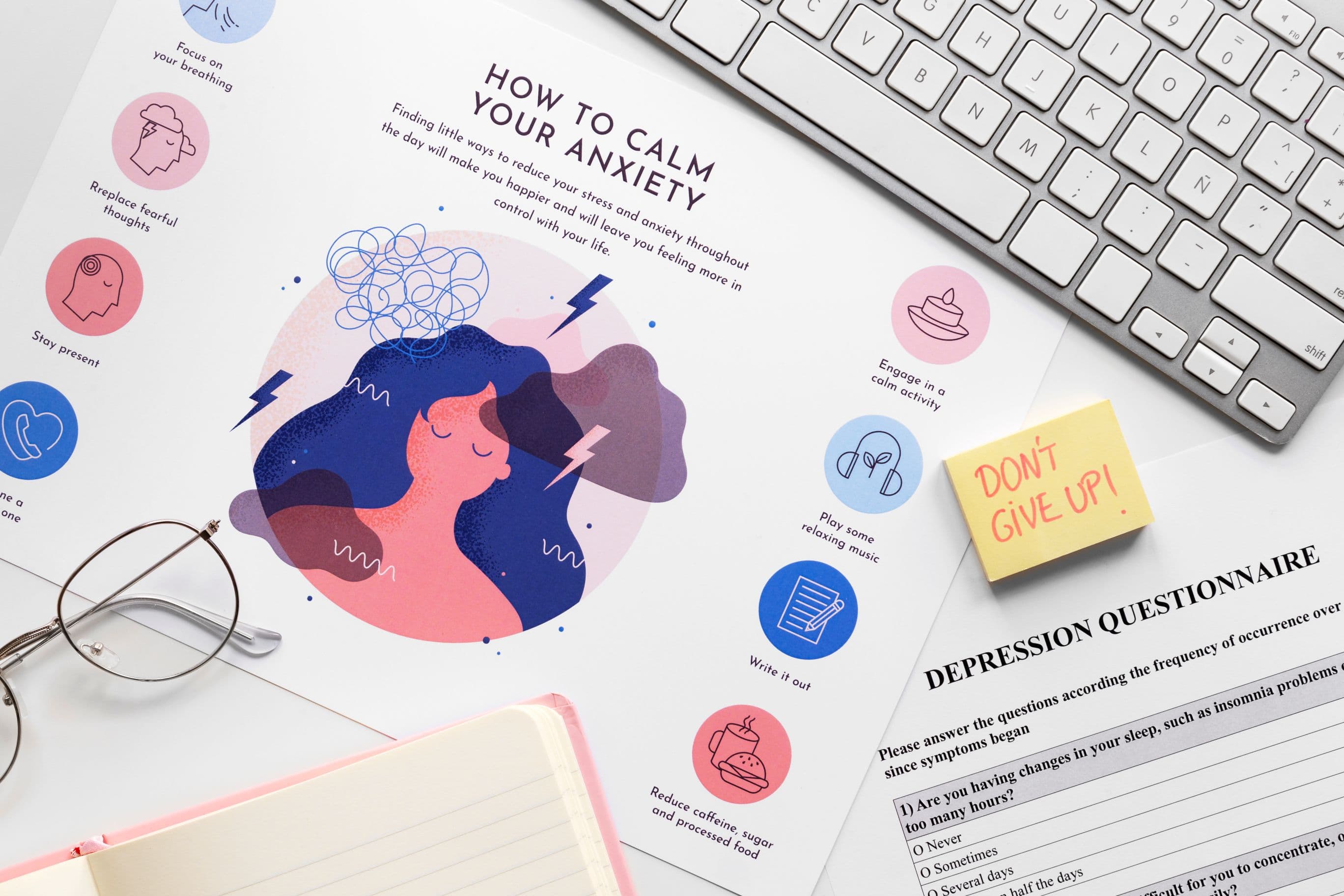Mental health is an essential part of overall well-being, yet many people struggle to find effective ways to manage stress, anxiety, or depression.
One approach that has helped millions worldwide is Cognitive Behavioral Therapy (CBT). But what exactly is CBT, and how do you know if it’s the right fit for you?
What is CBT?
Cognitive Behavioral Therapy is a structured, evidence-based form of psychotherapy that focuses on the connection between your thoughts, feelings, and behaviors. The core idea is that negative or distorted thinking patterns can lead to emotional distress and unhelpful behaviors. By identifying and challenging these thoughts, CBT helps individuals develop healthier thinking patterns, coping strategies, and behaviors.
CBT is typically short-term and goal-oriented. Sessions often include exercises, homework, and practical strategies to apply in daily life. It’s widely used for a variety of mental health concerns, including:
Anxiety disorders (generalized anxiety, panic attacks, phobias)
Depression
Obsessive-compulsive disorder (OCD)
Post-traumatic stress disorder (PTSD)
Stress management and emotional regulation
How Does CBT Work?
CBT works by helping you:
Recognize negative thought patterns – For example, thinking “I always fail” or “I can’t cope” can worsen stress or sadness.
Challenge and reframe these thoughts – You learn to evaluate the evidence for these thoughts and replace them with more balanced perspectives.
Change behaviors – By altering unhelpful behaviors, such as avoidance or procrastination, you can improve your mood and daily functioning.
Develop coping skills – CBT equips you with tools to manage stress, navigate difficult emotions, and prevent relapse.
Is CBT Right for You?
CBT can be helpful if you:
Experience anxiety, stress, or low mood
Struggle to manage emotions or negative thoughts
Want practical, structured therapy with clear strategies
Are willing to actively participate and practice new skills
Seek evidence-based methods to improve mental well-being
However, CBT alone may not be helpful for everyone. Individuals dealing with severe mental illness, complex trauma, or certain personality disorders may need additional or alternative approaches. Consulting a qualified mental health professional can help determine whether CBT is appropriate for your needs.
Cognitive Behavioral Therapy offers a practical, evidence-based approach to understanding and improving your mental health. By learning to identify and change unhelpful thought patterns, you can regain control over your emotions and behaviors, leading to a more balanced, fulfilling life.
